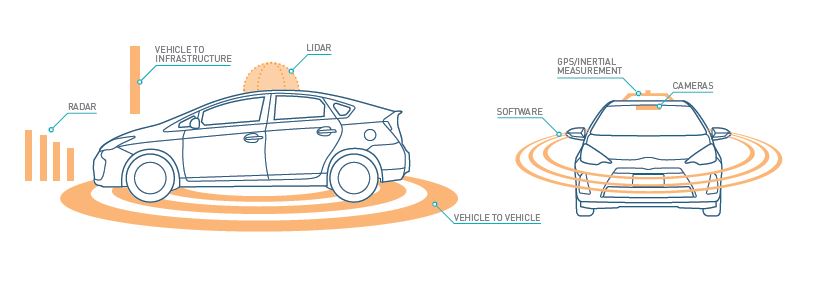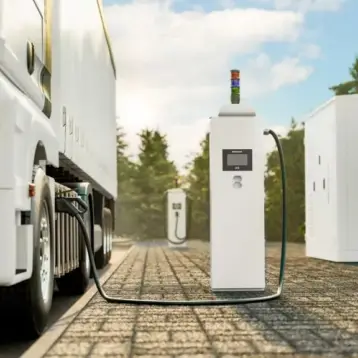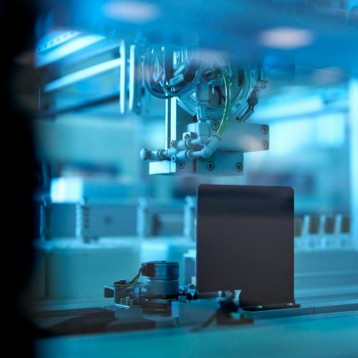
Technological advances never fail to amaze the world, and automated vehicles are definitely no exception. The concept of having your own personal chauffeur is incredible, especially considering that technically, the chauffeur doesn’t even exist! 49% of drivers believe that driverless vehicles could make our roads safer, yet many are still skeptical about their benefits and believe that they will do more harm than good. Should an accident occur, who is at fault? How long for a whiplash claim? How will your insurance be affected? There is still so much that we don’t know about automated vehicles, however, there are clear pros and cons associated with them.
They Will Make Our Roads Safer
Sensors are Smarter Than Us: Of course, the initial purpose of a driverless car is to detect things at a quicker speed than the average human, making these cars safer to have on the road. An automated vehicle is jam-packed full of different sensors, gathering an endless amount of data about the environment to allow them to adapt should anything unusual occur. Therefore, whilst these sensors operate at a human level, it decreases the risk of fault because they’re only programmed to deal with situations appropriately.
They’re Better Prepared To All Situations: When an automated vehicle is created, it’s programmed with millions of algorithms to help the vehicle to deal will all environmental changes, whether that be associated with other cars or pedestrians. Straight after the automated vehicle is built, it’s a completely blank slate waiting to be filled with all kinds of data. For example, in order to get the car to recognize pedestrians, we can feed it pictures of millions of different pedestrians, as of course, not everyone looks the same. Therefore, the more programming that occurs, the smarter the car will become and the better it will be at navigating the roads and reacting to all changes. This is safer as should something unexpected occur, a human driver may panic and react oddly, but an automated vehicle will only be programmed to react appropriately.
They Won’t Make Our Roads Safer
More Types of Accident: In 2016, there was a 4% increase in road deaths, so it’s clear to see that we already have enough accidents occurring on the roads already. However, technology can often be very unreliable, so this is only going to increase with automated vehicles on the road as they’ll even create new types of accidents. For example, an individual within the Tesla Model S died last year because the autopilot within the automated vehicle failed to register a tractor-trailer in bright light. So, whilst driverless cars propose many benefits, are they really worth risking lives for?
Makes Actual Driving Lazy: As automated vehicles become more popular, more and more people will begin investing in one and using it as their default form of transport. Of course, this is nice and relaxing, but there is bound to be a time when they need to drive a manual car. Whilst in an automated vehicle, you have the luxury of concentrating on things other than the road, such as your smartphone for example. However, in a manual car, the road demands your complete attention, but after spending such a long time in an automated car, this might become difficult for many individuals and lead to poor driving, running the risk of more road accidents. Plus, drivers may feel tempted to use their smartphones whilst driving as they are able to do so in automated vehicles, not only breaking the law, but putting others on the road in danger.
To summarise, the concept of automated cars is very exciting, and it’s clear to see why many people believe that they could have a positive impact on our roads. However, a bit more tweaking needs to be done before they become the primary mode of transport on our roads, as many lives are still being put at risk with automated cars, whether that is pedestrians or those within the vehicle. Where do you stand on the debate?










